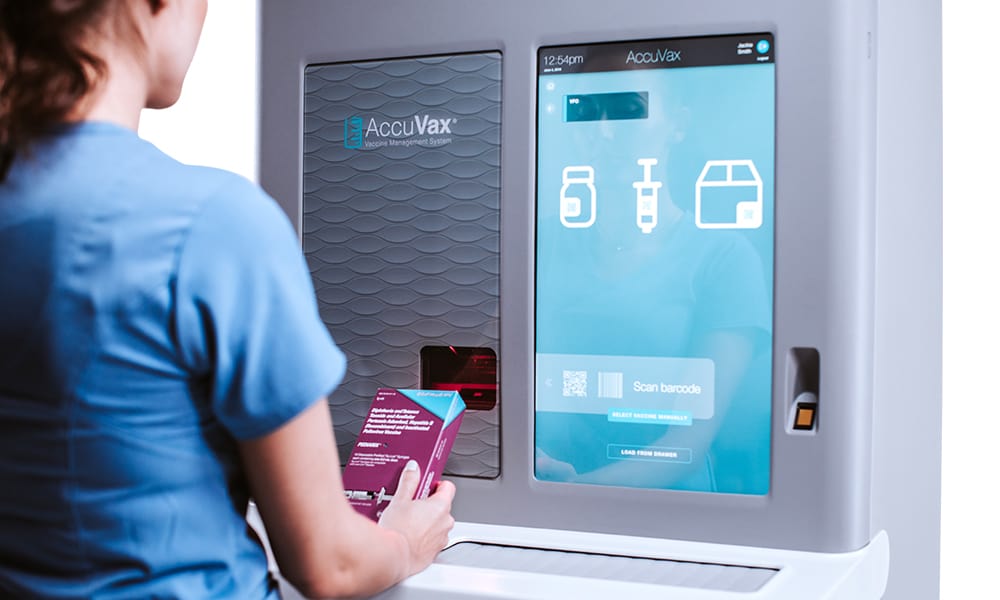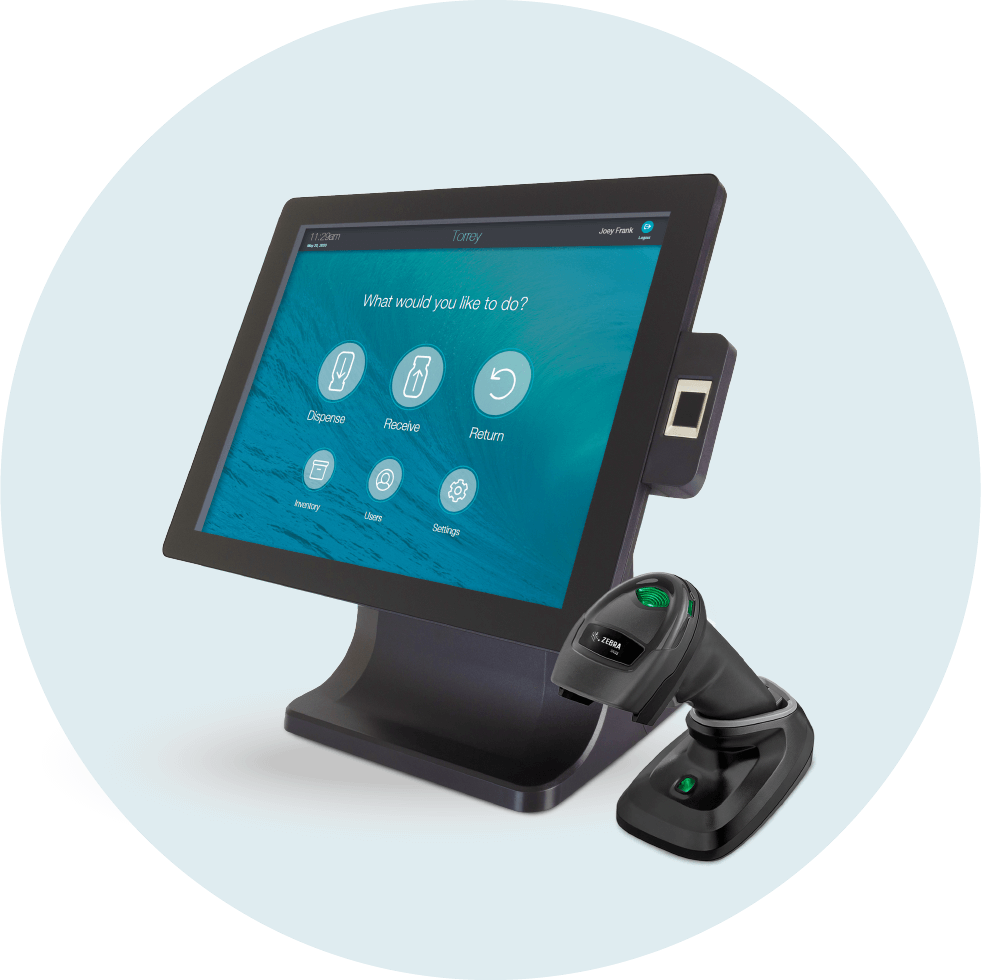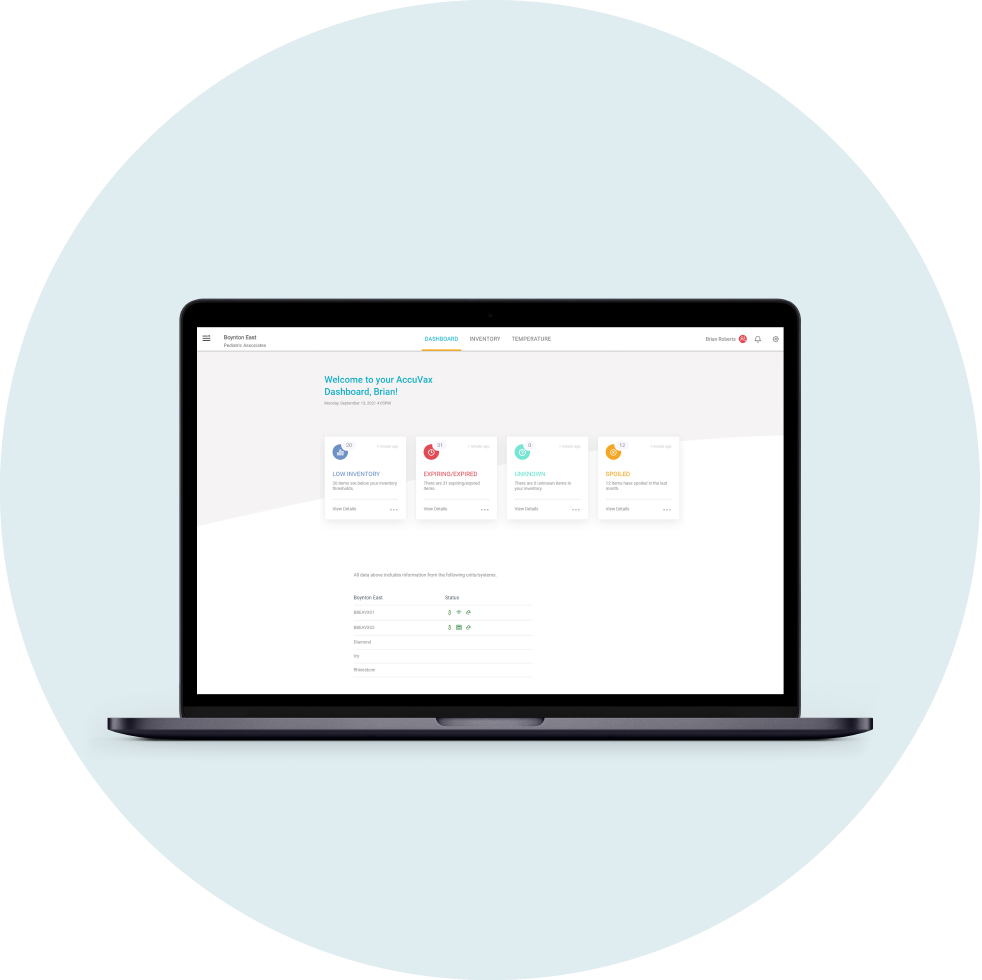The Vaccines for Children (VFC) Program provides immunization at no cost for children who would otherwise be unable to afford their routine vaccines. In operation since 1994, this program is now made up of over 44,000 doctors across nearly 40,000 sites nationwide. The U.S. Centers for Disease Control and Prevention (CDC) estimates that vaccinating all children born since 1994 will prevent 419 million illnesses and 936,000 deaths.
Read on to learn more about this powerful program and to find out how your practice can become a VFC provider. With the recommended VFC storage and handling equipment and an understanding of VFC eligibility, you will have everything you need to invest in your practice and the future of at-risk children.
What is the VFC Program?
The VFC Program was created after a measles epidemic in the U.S. between 1989 and 1991, which affected tens of thousands of children and resulted in hundreds of deaths. A CDC investigation found that fewer than half of the children who had measles had been immunized.
In 1993, Congress passed the Omnibus Budget Reconciliation Act (OBRA). This act created the VFC Program, an approach to making vaccines more available to children across the country to help prevent future epidemics. The VFC Program began operations in 1994 and continues to reduce vaccine costs to improve national immunization coverage.
The VFC Program provides the vaccines recommended by the Advisory Committee on Immunization Practices (ACIP) and approved by the CDC at no cost to participating practices and eligible children. These vaccines protect children against 16 diseases, including measles, chickenpox, and flu.
Why Become a VFC Provider?
The VFC Program offers a win-win situation: You can support your patients and the financial health of your practice.
Your patients will no longer have to visit another health care provider for their vaccines. Referring children from the private sector to the public sector for vaccinations prevents them from receiving comprehensive treatment at their medical homebase. It can also lead to parents having to pay out-of-pocket expenses for vaccines they may not be able to afford. As a VFC provider, you can give your patients all the quality care they need.
Being a VFC provider also reduces up-front costs at your practice. You do not have to pay for VFC vaccines and while VFC-eligible children are not charged for their vaccines, you can charge an administrative or office visit fee to offset your VFC storage and handling costs. Keep in mind that if the family of a VFC-eligible child cannot afford the administrative fee, then it must be waived.

How Do You Become a VFC Provider?
If you’re a health care provider authorized by your state to prescribe vaccines, you can become a VFC provider. To enroll in the VFC Program, you need to contact the VFC coordinator in your state or territory. After filling out and returning the State Provider Enrollment forms, your practice will receive a site visit to discuss administrative requirements and correct VFC storage and handling needs. The following information can help you prepare.
Know What’s VFC Eligible
Understanding what is VFC-eligible is key to participating in the program successfully. Your patients are VFC-eligible until they are 19 years of age if they are:
- Medicaid-eligible
- American Indian or Alaska Native (AI/AN)
- Uninsured
- Underinsured
Underinsured children have health insurance but it may not cover the vaccines they need. This may be because the insurance doesn’t cover any vaccines at all, only covers some vaccines, or has a fixed cap for vaccines that has already been reached. Note that underinsured patients can only receive vaccines at a Federally Qualified Health Center (FQHC) or a Rural Health Center (RHC).
VFC Storage and Handling Requirements
VFC providers must adhere to all VFC storage and handling requirements to qualify for the program and remain certified each year. VFC Field Representatives will make routine and unannounced site visits to check your processes, so it is essential to have robust vaccine storage guidelines in place.
Following the most stringent measures will ensure that you store and handle your entire inventory of VFC vaccines and privately-purchased vaccines with the utmost care. This will keep the vaccines at the correct temperature and within their usage dates to prevent them from losing their effectiveness. As with all vaccines, the most important aspects of safe VFC storage and handling include:
- Using only appropriate refrigeration and freezer units
- Using digital data loggers (DDLs) as temperature monitoring devices (TMDs)
- Keeping primary and back-up DDLs
- Monitoring and recording temperatures at least twice daily
- Reviewing and rotating vaccines weekly

Proper VFC Storage and Handling Systems
Using the correct VFC storage and handling devices will make it easier for you to meet VFC Program requirements and keep your practice running smoothly. In addition to using a system that keeps your vaccines at the right temperature and tracking inventory, you will also need to make sure you label and store VFC vaccines separately from privately-purchased vaccines.
The AccuVax Vaccine Management System automatically handles all aspects of VFC storage and handling so you can focus on treating your patients. The system stores both refrigerated and frozen vaccines in the same unit, guarantees constant temperature monitoring, and includes VFC-compliant temperature logs for submission. VFC and privately-purchased vaccines are separated and all inventory is rotated by expiry date to ensure minimal waste without any manual effort. In fact, your practice only spends time on the action items that matter, thanks to the full alerting suite that notifies you of low inventory and vaccines nearing expiry.
As a VFC-approved storage and handling system that exceeds VFC requirements, the AccuVax will set your practice up for safety and success in the VFC Program. To learn more about preparing for the VFC Program at your practice, read our guidelines on vaccine storage for optimal safety and effectiveness.





